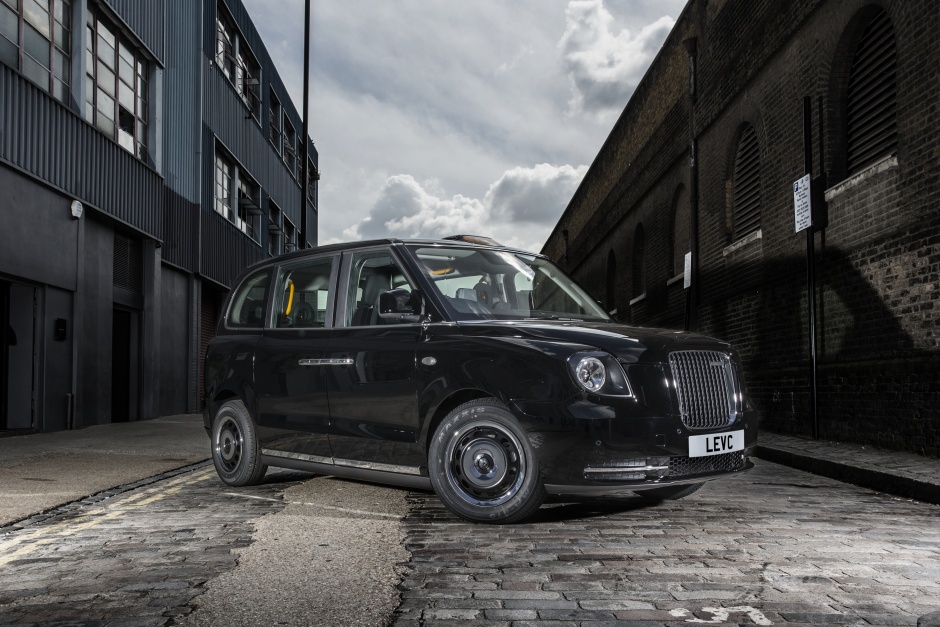
Transport secretary Grant Shapps today announced a £3.4m investment into the six-month trial that will see 10 Nissan and LEVC (London Electric Vehicle Company) electric taxis fitted with the charging technology. The project is a collaboration between organisations including Cenex, Sprint Power, Shell, Nottingham City Council, Parking Energy, Transport for London and Coventry University.
London’s black cabs go electric and Japan embraces autonomy
August 1897 – The London Electrical Cab
Nottingham City Council will own the vehicles and provide them to drivers rent-free. If successful, this technology could also be rolled out more broadly for public use.
In a statement, councillor Sally Longford, deputy leader at Nottingham City Council said: “Nottingham is excited to host the trial of this new type of innovative charging technology, keeping us ahead of the pack, and helping to promote cleaner taxis in our city and potentially take us a further step forward towards our goal of being carbon neutral by 2028.”
Zero-emission taxis are currently exempt from the higher rate of vehicle excise duty and £20m has been made available for 27 local authorities to install electric taxi chargepoints across England and Scotland. The government is also offering a £50m grant fund that provides drivers with up to £7,500 off the price of an eligible, purpose-built taxi.
Transport secretary Grant Shapps said: “Taxi drivers up and down the country are at the vanguard of the electric vehicle revolution, playing a leading role in reducing air pollution in our city centres where people live, shop and work.
“New wireless technology will make using an electric taxi quicker and more convenient, allowing drivers to charge up at taxi ranks before heading off with their next passenger.”
Today’s announcement of the electric taxi charging trial follows nearly £40m funding announced in July 2019 for the development of charging technologies that could expand the UK chargepoint network for people without off-street parking. Ideas in receipt of investment include underground charging systems that don’t require on-street structures and solar-powered charging.





Poll: Should the UK’s railways be renationalised?
I think that a network inclusive of the vehicles on it would make sense. However it remains to be seen if there is any plan for it to be for the...